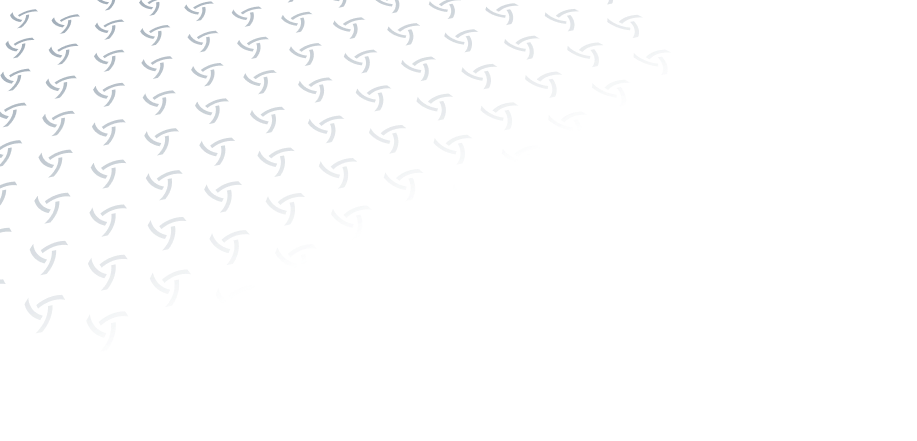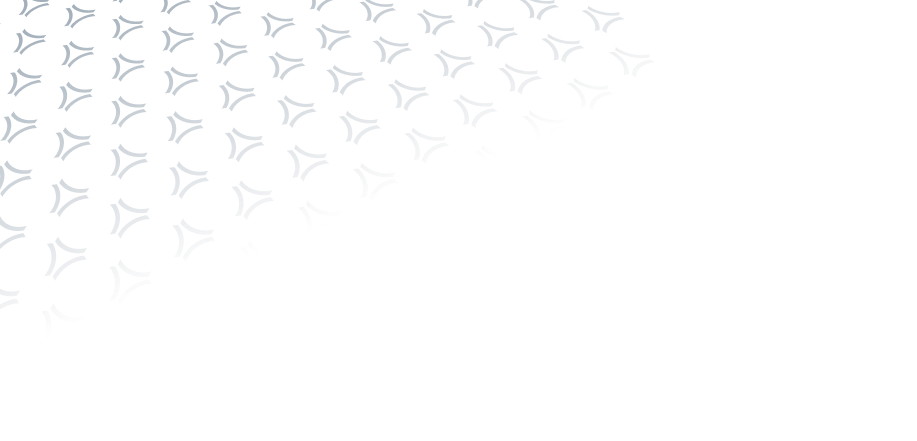What is it like to manage HR activities in the industrial-technology holding Czechoslovak Group (CSG), which brings together dozens of manufacturing companies in seven countries and employs more than ten thousand people? "Sometimes, with a bit of exaggeration, I feel like a floating cork, whose direction and speed of movement is determined by the flow of events. I had to get used to a certain level of virtuality in my work, but thanks to it, I gained my CSG HR Family," says Alena Kozáková, HR director of CSG holding.
You have worked at Vagónka in Studénka and at Iveco. Did the move to CSG represent a significant change for you?
It was a big change and my role is completely different. In both of the mentioned manufacturing companies, I was in daily contact with production. We were implementing changes, planning training for foremen. And above all, I had my HR team constantly at hand and managed it on a daily basis. At CSG, I had to get used to the virtuality of my work. I do have a team in Prague and in Přelouč, but in fact, I am constantly moving between companies and very often I have to rely on communication with my team in Prague and Přelouč online. One of the main pillars of my role is to take care of a group of general managers, both division general managers and individual companies. To check what they need, what bothers them, what I can do for them from my position. It's managerial, methodological, and coordinating work. Although I lost the ability to directly influence and manage personnel processes in building efficient production in one company with my team, I stayed in touch with the products of our companies, including through the other 30 HR directors from CSG companies, with whom we have formed a synergistic team called the CSG HR Family.
What is the main content of your work then?
As I mentioned, my role is mainly coordinating and methodical. Thanks to the functioning of the CSG HR Family, I can regularly inform HR representatives of our companies about the decisions taken at the level of CSG management and their expected impacts on the personnel area. I inform about new entries of key managers as well as about news in the holding. Typical examples of my responsibilities include so-called cross-group managed processes that concern all companies and members of their managements. One of them, for example, is the process of setting, approving, contracting, and evaluating annual KPIs, key performance indicators for managers in the group. And here, active communication and cooperation with the general directors of divisions and companies is important. Each general director sets indicators for his management team and does so in accordance with a unified methodology, of which I am the guarantor. I meet regularly on a monthly basis with HR colleagues from individual companies. For time efficiency, these are mostly online meetings, which we try to complement with personal meetings at least twice a year. My CSG HR Family is a great well of ideas. In addition, I try to visit HR colleagues directly in the companies, which allows me to meet with the general directors of companies and divisions. I then present the results of my work to the owner of the group, and together we fine-tune and define the next steps.
So, do you travel more or use online tools?
Being online is really a great option. But there's nothing like personal contact. At least I feel that way and in my experience so far, face-to-face meetings have proven to be incredibly powerful. So, I travel a lot. Sometimes, with a bit of exaggeration, I feel like a floating cork being swept away by the flow of events. There are also very hectic weeks. I travel across the country and sometimes to our foreign companies. I try to coordinate everything in such a way as to provide help where it is most needed.
So, you put out fires?
Sometimes yes. When something unexpected happens and it is necessary to implement labor law decisions, for which my team and I ensure the necessary documents, everything goes smoothly. My work does not avoid unpopular decisions, but we still strive to ensure that even unpleasant decisions are communicated openly and honestly. To make my trips around the group companies as efficient as possible, I try to plan them in advance. However, I honestly admit that it is not always possible and change is a part of my life.
In CSG, in addition to HR, there is also strategic recruitment. What is its role?
Strategic recruitment deals with the inflow of reinforcements to top management and is managed directly by the owner at CSG. The director of strategic recruitment, Milan Matoušek, and his team are not part of HR, but we include his team in our monthly meetings to pass on important information in a timely manner.
Last year Tatra was looking for 500 employees, MSM Group was recruiting a hundred new people. How do you get involved in these large recruitment campaigns?
We try to support companies in such large campaigns and help them. We communicate with the HR director, consult proposals, and closely cooperate with marketing. We also recommend employment agencies for worker category recruitments. But we do not interfere with the companies' recruitment process itself.
What is the situation in the labor market from your point of view in mid-2023?
There is still a lot of turbulence. After COVID, we expected a release and a larger number of qualified workers in the labor market. We are battling for these qualified professionals almost in all regions and we can now say also in countries where we operate. In general, there is still a shortage of qualified and experienced people, so they can demand "big" money. They are very interested in benefits. Our companies are of course prepared to train a candidate for production, but we require certain experience. In addition, it is increasingly clear that people are not interested in shift work, which we cannot guarantee given the expected performance in our companies and the pressure on production. However, in CSG people can find stability because the demand for our products and services is still growing and there is plenty of work.
CSG is still a young brand, and it also carries a label of an armorer. On the other hand, according to students, last year you ranked among the most attractive engineering companies for the first time. Is there a shift in the perception of the brand?
Definitely. Our marketing efforts and the drive to promote the group more and more have had a big impact, as well as the personal stories of our successful managers. And honestly, the importance and contribution of our group has increased with the war conflict, although it is not a pleasant topic. It has shown the strength of the group and how quickly it can react and help. In the eyes of many people, we are no longer armorers, but protectors. Our activity on social media also helped us. CSG is starting to be a very interesting brand for job seekers. We see this in the resumes sent to us, or in successful campaigns in Tatra and Slovakia.
You mentioned yourself that people are interested in benefits. How are they set up with the diverse composition of your companies?
Our goal is to offer employees benefits that will be attractive to the entire group, regardless of the business the company operates in. Whether it's Aerospace with its airplanes, drones, radars, and software developers, or on the other hand Defence with heavy equipment, where employees may have different preferences. The level of education and even the age composition is different. Through our purchasing company, CSG Deal, we try to negotiate such benefits that are beneficial for people of any age and focus. I'll mention advantageous tariffs at T-Mobile also for family members or discounts on fuel purchases, car purchases, Multisport cards. With these suppliers, we try to negotiate the best possible conditions. If a company has its specifics and wants something different, we leave it up to them.
What are you doing at CSG for employee development?
We are building on three pillars. One is education within our service organization CSGM. We have started a series of workshops on effective communication towards the client. The second pillar is education in the field of agile management and leadership for the general directors of divisions and companies. The third pillar is the CSG talent program. This program is usually attended by 30 selected employees from companies who have the potential for further development and are the bearer of significant added value. We do not organize only theoretical workshops for them. Each participant brings a project assignment from their company, which they solve during the year in the program. Halfway through, there is a professional conference, and at the end, there is another. At these, participants present their projects and their financial contribution and return. Through the program, we give talented people a chance to develop their skills, and interesting and profitable projects are created for both companies and the entire CSG.
You talk about managers and talents. Do you also think about ordinary employees?
We support corporate education. Industry is changing, and so are the requirements for performance in individual positions. And we try to adapt people to these. We also want to involve employees as much as possible in the digitization of processes. A small step to get employees involved in electronization is, for example, the use of the Jobka application in companies. This way, employees quickly and easily have data about their company available on their mobile, they can plan their holidays, choose lunches, and see important news from the company.
How do you get feedback, do you conduct regular satisfaction surveys?
Within the service organization, we last conducted a survey in connection with existing and new benefits. We are also considering a large The Best Place to Work survey across the group. However, to get meaningful feedback, it is necessary to communicate well and in advance so that we can gather relevant answers. Its preparation is therefore still ahead of us.
The group is becoming very international. You have production in Spain, Italy, England, and the USA. How does that work?
In the countries where we operate, there is a different legal framework, there are different customs. This needs to be taken into account already during acquisition. The good thing is that in our foreign companies, I have a sparring partner for the HR area, for example, as is the case in Fiocchi in Italy. So everything can be solved, it just requires a lot of time. From this perspective, we also need to strengthen the CSG team with new people with suitable competencies and skills.
You have a legal education. That probably comes in handy in this situation, doesn't it?
That's true, it has always been useful. In fact, I never wanted to do HR and when I still received an offer from the general director to lead the personnel department at Vagonka, I initially refused. I wanted to stay in the legal sector. It was in Vagonka where I then gained great experience, which culminated in a difficult period when part of the company was closing down and we were helping employees in a large outplacement program. That was a great school. Sad and happy at the same time. We helped people find new jobs elsewhere, even if we retrained welders, for example, into ambulance drivers. Among other things, the success of that program contributed to the fact that I received the HR Manager of the Year award in 2006. Every experience, even an unpleasant one, moves a person somewhere.
Share
























